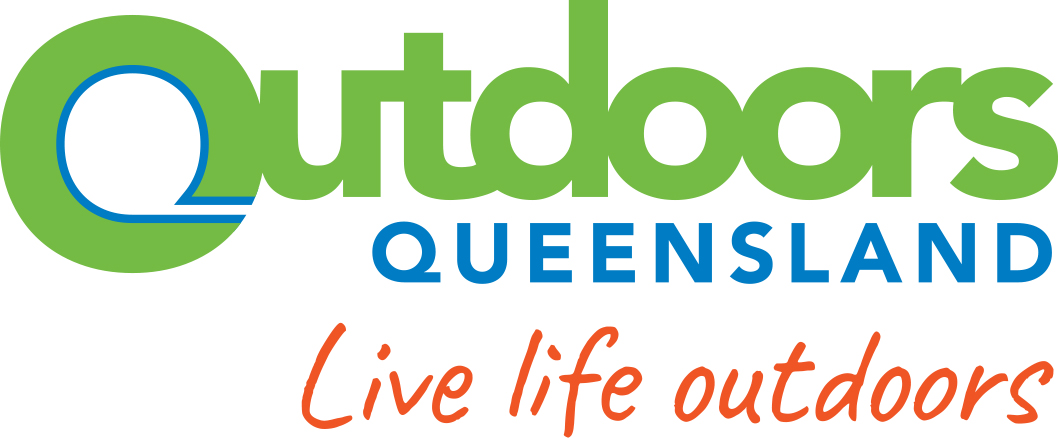
Kids Play Made Too Safe
Posted on 15.10.2013
Culture of fear blamed for rules that stop children experiencing hard knocks
A misguided health and safety culture is threatening to render children’s play meaningless, early childhood providers are to be warned.
The United Kingdom-based founder of Outdoor Play and Learning (Opal), Michael Follett, says a “policy of fear” has reshaped play to the extent that children are losing out on vital learning.
“You are taking away their ability to learn through primary, first-hand experience, which is how children actually learn.
“They need to fall over, they need to cut themselves, have bumps and bruises.
“If you over-protect, they don’t learn resilience.”
The Early Childhood Council has brought Mr Follett to New Zealand to address its annual conference, in Rotorua this weekend, with some of its members acknowledging his concerns.
One operator, who asked not to be named because of commercial sensitivity, recently opened a new Auckland centre and was surprised by the extent of Ministry of Education guidelines.
“Wall heights and those regulations all make sense. But when you are trying to splinter-proof every bit of exposed timber, and round off edges …
“Things like rocks need to be positioned appropriately – the normal looking river rocks had to be out of the path of any child who might run into them,” the operator said.
Jill Oliver, operations manager at Manukau’s Toddlers Turf Childcare Centre, said she would hate to see regulations go further, and it was important not to use them as an excuse to limit play.
“I think that’s one of the pitfalls – some teachers take everything too literally and they are too terrified to do anything,” said Ms Oliver, who is on the Early Childhood Council’s executive committee.
Well-trained teachers could still provide a challenging environment within New Zealand’s regulations.
“This cliche I can’t stand is that we are wrapping our children in cotton wool – we’ll only do that if we allow ourselves to.”
Mr Follett, who is a board member of advocacy group Play England, said the situation in the UK had become ridiculous.
“People are saying tree roots are dangerous … ”
As a father of three, he said, he understood nobody wanted to see children hurt.
“Some of the health and safety stuff came from a genuine response to children getting killed and seriously hurt, and that is very sensible. But what’s not sensible is the idea that you can eliminate risk.”
Commercial operators were conscious of parents’ concerns, and so felt pressure to install expensive but ultimately limiting play areas.
“If you look outside and you see a play environment that has obviously cost $40,000 or $50,000, and you look outside and you see some bushes and barrels and a mudpit … there’s a temptation to think they don’t care as much.”
In September, the UK’s Health and Safety Executive expressly stated that children must be provided with risk.
However, Mr Follett said it would take years for such a message to register.
Protective parents
Over-anxious parents are as much to blame as red-tape for limiting children’s ability to play normally, says early childhood educators expert Michael Follett.
One parent asked him to design a play area with Wet Pour – the rubber surfacing that has replaced bark in many playgrounds – up the walls.
In an extreme example, a Dubai centre operator told him a child arrived every day with a foam helmet. When he finally played without it, he hit his head on equipment, not realising how much it would hurt.
“It’s a world-wide phenomenon. Parents seem to be getting more and more protective, and not realising that they are doing their children a disservice.”
Source
Nicholas Jones
New Zealand Herald
Have a story to tell or news to share?
Let us know by Submitting a News Story







